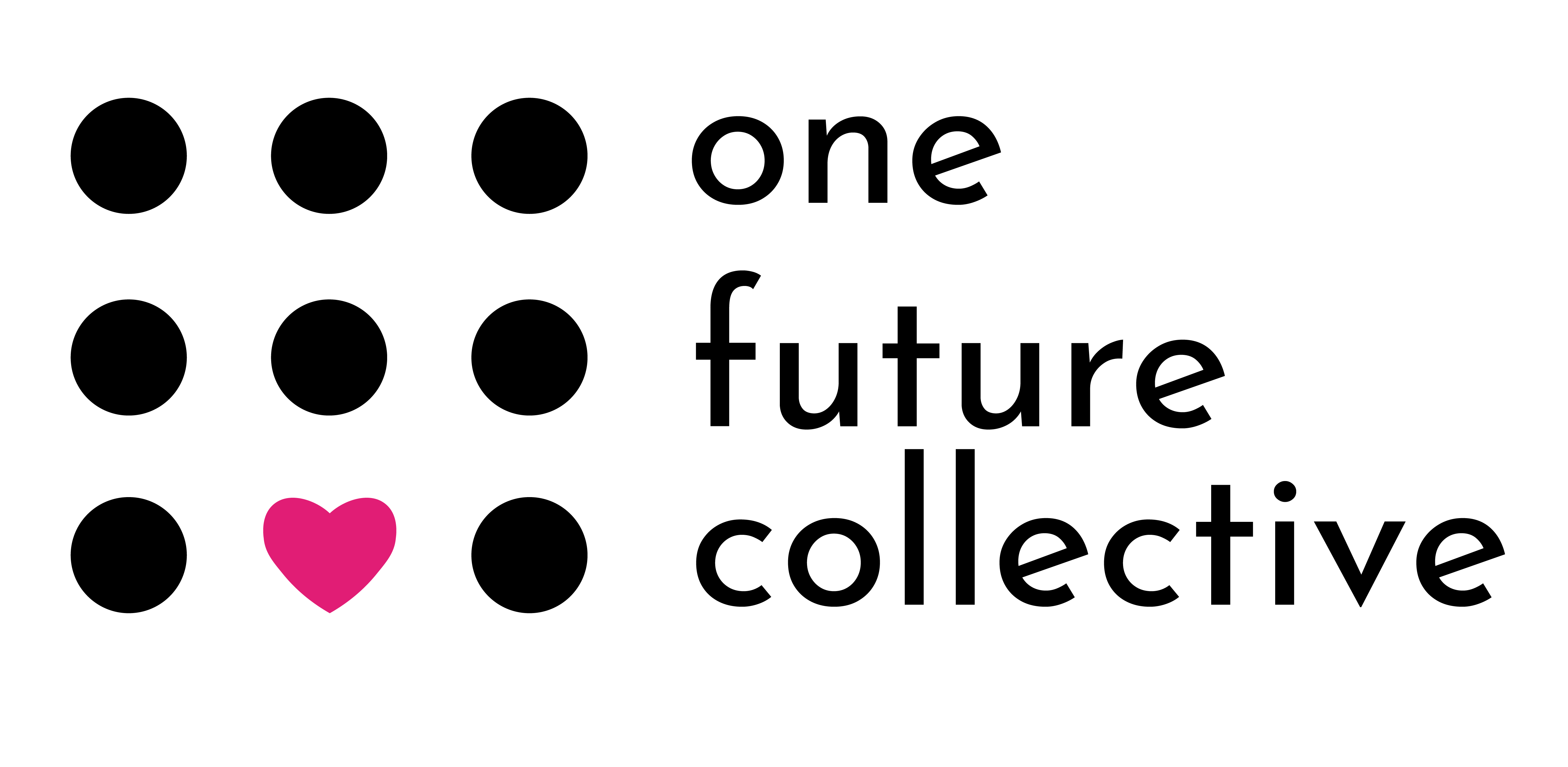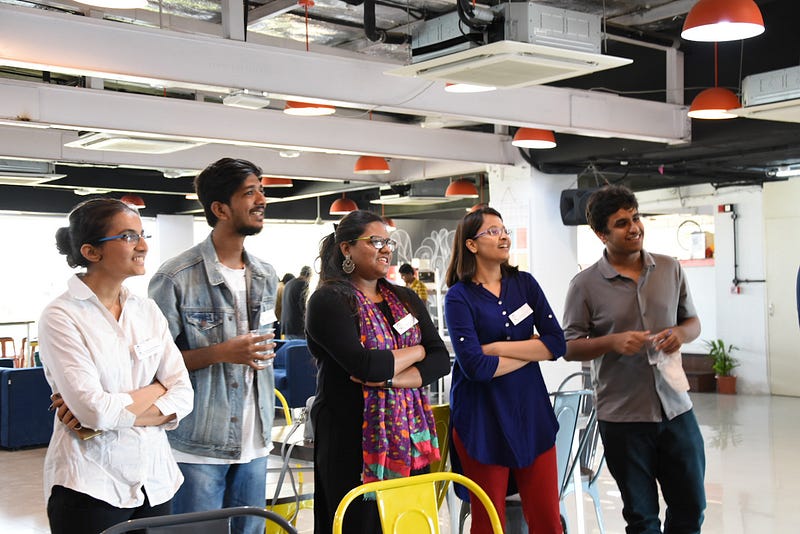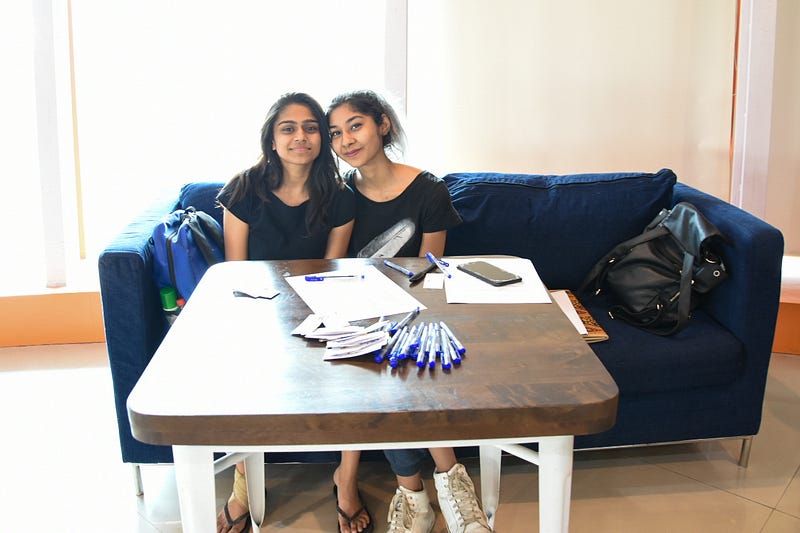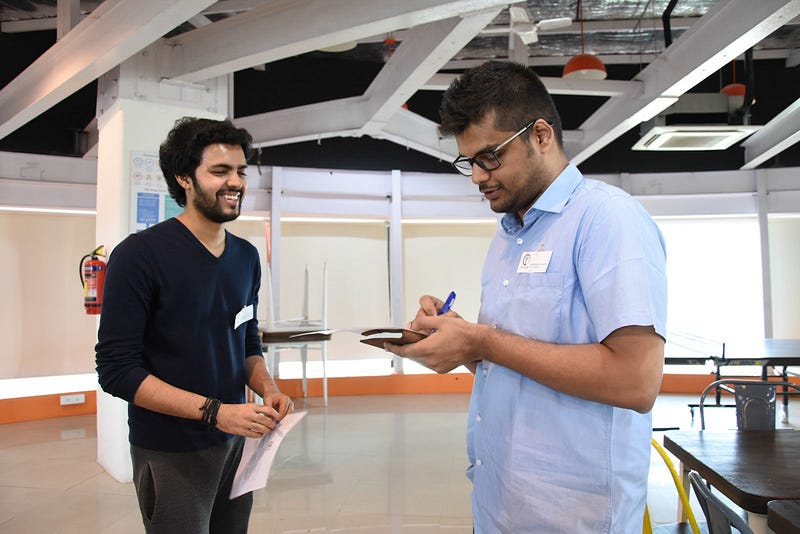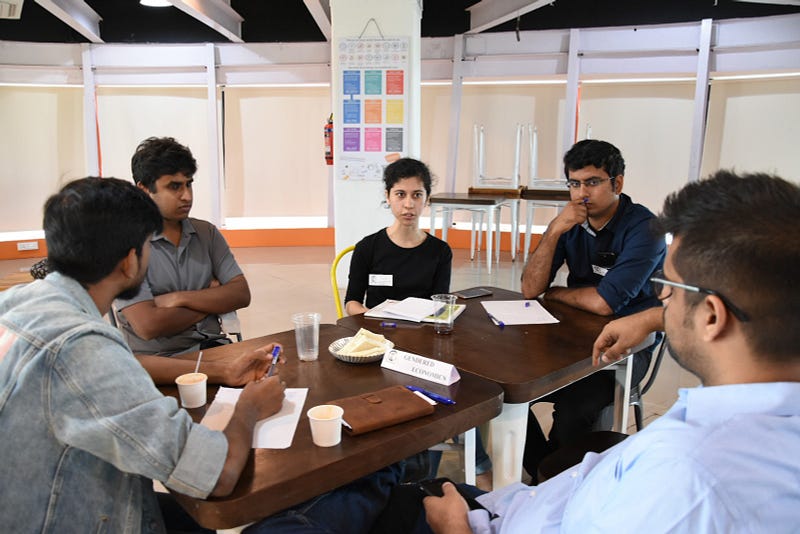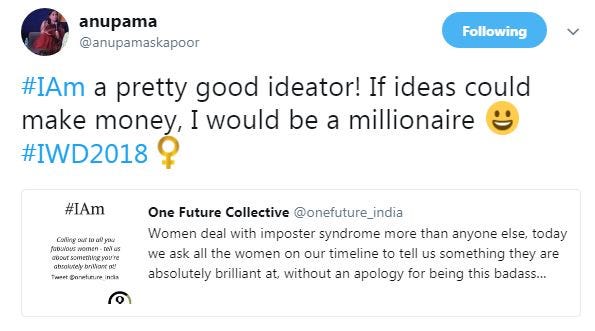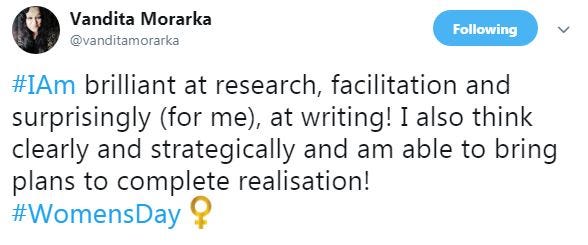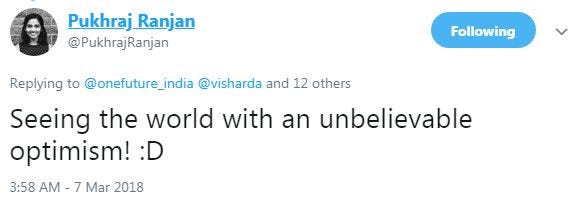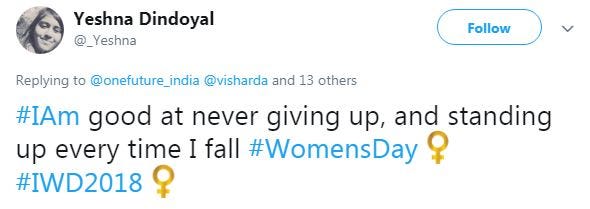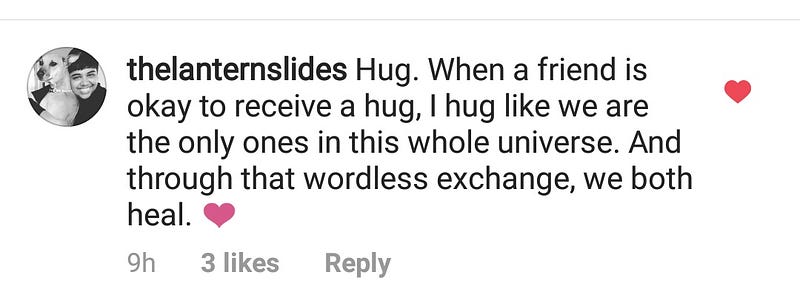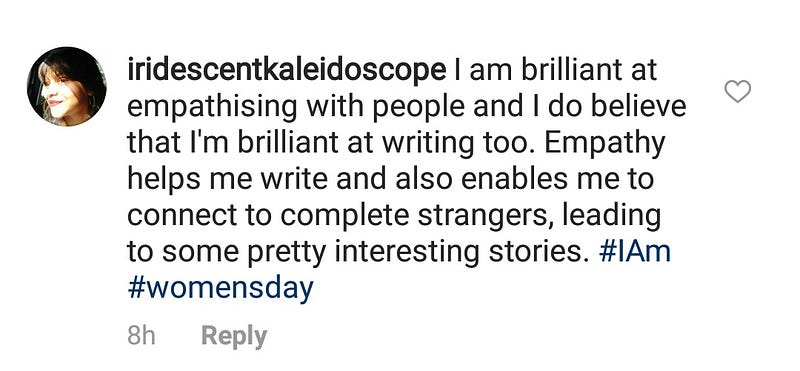Ageing and the Workplace
The evolving workspace makes way and creates space for a generation of older employees, who would not otherwise stick around.
Work provides social contact, personal growth, financial security, stability, a sense of identity and social status. The workplace — consisting of the work environment and the group dynamics at work — plays an important role in the achievement of the benefits of work. Not only has there been a change in the demographic distribution, there has also been a change in the work environment since the Industrial Revolution in the 20th century. Work culture has evolved from a fixed and mechanical one to that of flexible working conditions. The idea of having fixed hours from 9-5 has shifted to accommodate flexible hours and remote working, based on the needs and availability of the employees. This also highlights a growing equality of rights between employees and managers. [mkdf_blockquote text=” A casual work environment, an emphasis on teamwork and the increasing influence of technology has changed the way a company and its employees function.” title_tag=”h2″ width=””]
![]() Photo by rawpixel on Unsplash
Photo by rawpixel on Unsplash
Looking at the demographic trends of various countries, it is evident that although there is a lot of inflow of young employees, the workforce is also ageing. Apart from developing countries like India, where mortality rates and birth rates are high – contributing to a younger workforce — several developed countries have an ageing workforce. Economic needs evolve, and with current rates of inflation and increasing demand of consumer goods, financial needs have taken precedent over retirement. [mkdf_blockquote text=”Several employees over the age of 55 are less confident about their retirement plans and several find pension and retirement savings insufficient to keep up with the growing economic demands. ” title_tag=”h2″ width=””]
There is also a skill-gap which is often resolved by retaining the older, more experienced employees. Another, rather simple reason why there seems to be an ageing of the workforce is because of the social benefits of work and the feeling of being generally productive. A study has shown that the availability of choice of whether or not to work past the “typical” retirement age- has shown to be a key to satisfaction among working older adults. Imagine the character of Ben Whittaker (Robert De Niro) as an intern to Jules Ostin (Anne Hathaway) in the movie, The Intern.
Keeping the movie in mind, it is easy to see the need of the older generations to work and the responsibility of the current generation to reach out to them and accommodate them in the dynamic work environment. However, prejudices are rather common for humans and the ageing population is no less susceptible to being victim to a set of prejudices either.
‘Ageism’ is stereotyping and discriminating on the basis of a person’s age. At work, ageism may take the following roles:
- Not hiring an older person;
- Believing that an older employee would not be interested in learning new technology;
- A preconceived notion that senior employees would be unable to perform or contribute due to physical maladies; or
- Making fun of the older employees.
Ageism can negatively affect the employees by lowering their self-esteem and self-worth. While some may begin to internalise the stereotypes which could further limit their workplace satisfaction, others may try too hard to fit in, losing their identity and the unique values they bring to an organisation. Several countries have anti-discrimination laws to counter ageism and several companies even encourage the participation of the older employees at work. Ageism is not the only problem that the ageing crowd faces in the workplace. Some of the challenges they face in the changing workplace are:
- Increasingly dynamic and involved role of technology often makes it difficult for the employees to keep up with work requirements.
- Some employees may have a low morale when working for a younger management.
- Unfixed work timings would also mean increasingly long working hours with comparatively low returns, may especially affect them since they’ve worked for fixed hours for several years.
In conclusion — the years of experience and insight that older employees possess helps the current young generation line of managers and founders. Thus several startups today may have a young founder and CEO but also have a board of senior mentors who may be retired but have several years of experience. In fact, the current workplace culture is rather beneficial for accommodating the senior employees and can be used in the following ways:
- Technology and easy access to resources can provide opportunities for remote work;
- Equality and declining grapevine requirements allow for modification of responsibilities according to their needs and abilities;
- A casual work environment encourages the ageing employees to seek guidance in operating new systems and technologies from the younger employees;
- Anti-discrimination laws in several countries protects against ageism related issues;
- Increasingly inclusive values of several new companies encourage the ageing population to work beyond the typical retirement age.
—
Vini Doshi is a Research Associate (Mental Health) at One Future Collective.
References:
https://www.thebusinesswomanmedia.com/5-trends-changing-work-environment/
http://www.asaging.org/blog/issues-impacts-and-implications-aging-workforce
https://digitalcommons.ilr.cornell.edu/cgi/viewcontent.cgi?article=1090&context=intl
http://agingandwork.bc.edu/blog/
https://www.rcpsych.ac.uk/usefulresources/workandmentalhealth/worker/isworkgoodforyou.aspx
http://www.hrmagazine.co.uk/article-details/the-hr-challenges-of-an-ageing-workforce
Mapping and negotiating power
Uncuff India Episode 10: Dimensions of conflict and peace: visioning a utopian world
Uncuff India Episode 9: Civic space and dissent: A pathway to social justice
